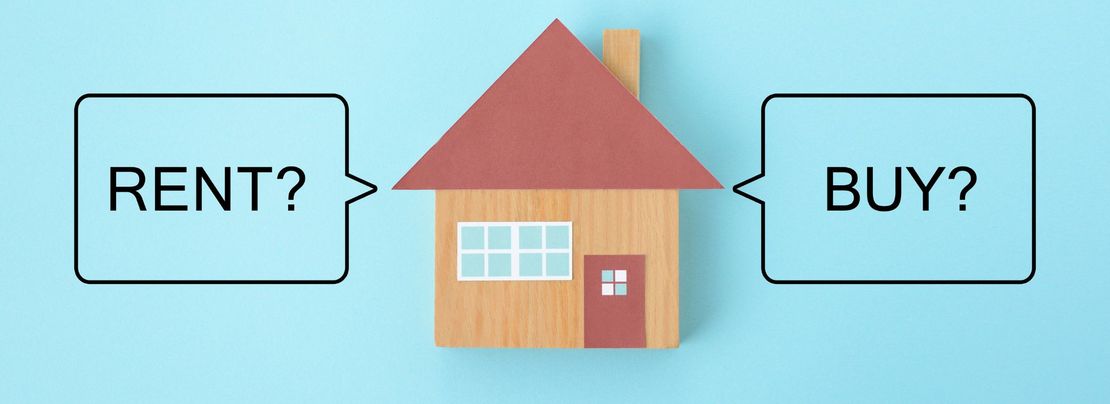Illegal Evictions Can Get You in Trouble for Landlord Harassment
An illegal eviction occurs when a landlord uses…
 March 14, 2024
March 14, 2024
The decision to rent or buy a property is a complex one that depends on a variety of factors, including individual financial circumstances, lifestyle choices, and the state of the housing market. In this article, we will examine the pros and cons of renting vs. buying a property in Australia.
Pros of Renting a Property in Australia:
Flexibility: Renting provides flexibility for those who are not yet ready to settle down in one location or who need to relocate frequently for work or personal reasons.
Low upfront costs: Renting requires much lower upfront costs than buying a property, including a smaller deposit, lower legal fees, and no stamp duty.
Maintenance and repair costs: Renters are not responsible for most maintenance and repair costs, which can be expensive and time-consuming for homeowners.
Access to amenities: Many rental properties are located in desirable areas with easy access to amenities such as public transport, shops, and schools.
Cons of Renting a Property in Australia:
Lack of control: Renters have less control over their living environment, as they must abide by the rules and regulations set by the landlord or property manager.
Limited customisation: Renters are usually not allowed to make significant changes to the property, such as painting or major renovations.
Insecurity: Renters face the risk of eviction if the landlord decides to sell the property or terminate the lease for any reason.
Rising rental costs: Renters may face increasing rental costs as landlords adjust rents to keep up with rising property prices and market demand.
Pros of Buying a Property in Australia:
Long-term investment: Buying a property is a long-term investment that can provide financial stability and security, as well as the potential for capital growth over time.
Control and customisation: Homeowners have greater control over their living environment and the ability to customise their property to their liking.
Tax benefits: Homeowners are eligible for tax benefits, such as deductions for mortgage interest and property taxes.
Stable housing costs: Homeowners have more stable housing costs, as mortgage payments are typically fixed for the life of the loan.
Cons of Buying a Property in Australia:
High upfront costs: Buying a property requires a substantial upfront investment, including a large deposit, legal fees, and stamp duty.
Maintenance and repair costs: Homeowners are responsible for all maintenance and repair costs, which can be significant and unexpected.
Limited flexibility: Homeowners have less flexibility to move or relocate for work or personal reasons, as selling a property can be time-consuming and expensive.
Market volatility: The property market can be volatile, and homeowners may experience a decline in the value of their property if the market experiences a downturn.
In conclusion, the decision to rent or buy a property in Australia depends on individual circumstances, preferences, and financial considerations. Renting provides flexibility, lower upfront costs, and freedom from maintenance and repair responsibilities. Buying a property offers long-term investment potential, greater control and customisation, and tax benefits. Ultimately, it is important to weigh the pros and cons carefully and seek expert advice before making a decision.